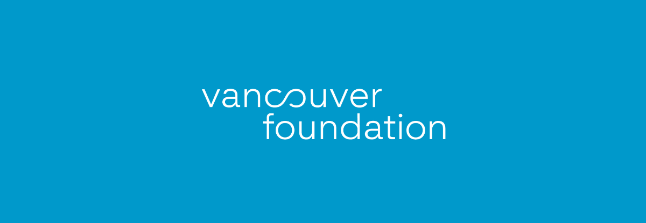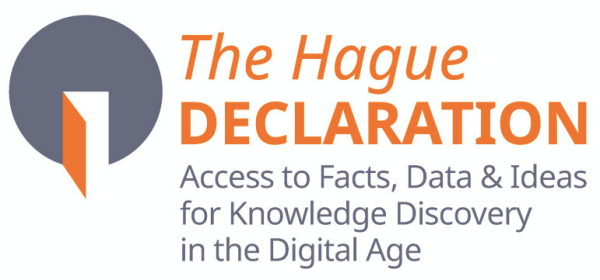U.S. K12 State Policy Recommendations for OER: Sign Letter of Support
vendredi 8 mai 2015 à 19:33
second grade writing class / woodleywonderworks / CC BY
Achieve (a nonpartisan education reform organization widely known for its CC BY licensed OER Rubrics) has developed policy recommendations with input from its OER Institute U.S. state partners for U.S. states to use OER as part of their college and career ready implementation plans.
These recommendations aim to provide helpful information and guidance for U.S. states that are interested in but have not yet begun an organized effort to use OER.
The OER policy recommendations center on:
- States and school districts using OER as part of their strategy to support the implementation of college and career ready standards.
- Recommending when public funds are used, the instructional materials created should be openly licensed.
- States and school districts should ensure all instructional materials being used, including OER, are high quality and aligned to college and career ready standards.
To illustrate the broad array of audiences that support and have made effective, standards-aligned OER a priority, Achieve was recently joined by U.S. states, funders and organizations, including Creative Commons, in signing a letter of support for Open Educational Resources.
If your state or organization is interested in signing this letter, please contact Hans Voss at hvoss@achieve.org
This open letter outlines the benefits OER can provide to U.S. states and K12 school districts as they engage the hard work of college and career ready standards implementation. Particularly in an environment where many states are implementing the Common Core State Standards, OER can be used to leverage the benefits of these common standards by providing the legal rights and technical ability to freely share and modify instructional resources to help support the needs of individual classrooms (e.g., K12 OER Collaborative).



